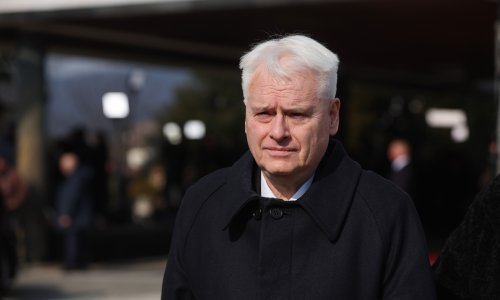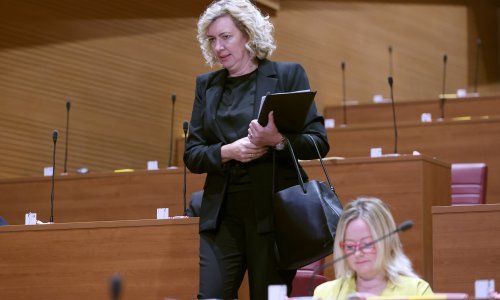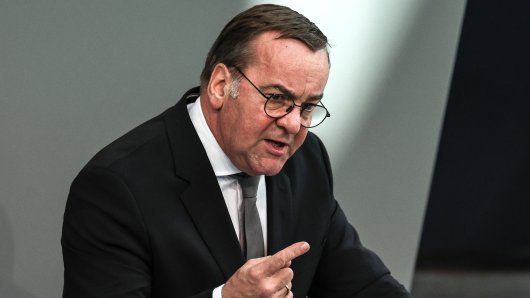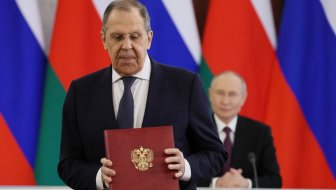Croatia is reputed as a noncompetitive country and this is its own fault, because an inadequate tax system and too slow administrative proceedings remain the main barriers to better business and bigger investments, President Ivo Josipovic said at a round table on Monday, organised by the British-Croatian Chamber of Commerce.
Croatia should stimulate foreign and domestic investors in the same way and the new government, regardless of who forms it, must cut back the excessively high fiscal and non-tax fees and simplify administrative proceedings, Josipovic said at the discussion on how Croatia, as an upcoming member of the European Union, could increase competitiveness and attract investors.
The state must continue with the clampdown on corruption but must see to it that this does not turn into a witch-hunt by distinguishing crime from business decisions, Josipovic said, adding that according to estimates, Croatia lost HRK 12 billion annually because of corruption and organised crime.
Judicial reform has had positive results, with the number of backlog cases dropping from two million a few years ago to 750,000 this year, but reforms must continue to make sure that trial proceedings last one or two years at the most, said Josipovic.
British investment in Croatia has reached EUR 400 million, which is not satisfactory, as it is only 1.6 per cent of all foreign direct investment in Croatia, it was said at the round table.
British Ambassador David Blunt said foreign investors wanted the country they invested in to ensure reasonable security and reasonable profit, adding that the main hurdle they encountered in Croatia was an ambiguous and insufficiently predictable tax system.
As the American Chamber of Commerce in Croatia did recently, Blunt recommended introducing a binding tax opinion to deal with legal solutions which different tax bodies interpreted differently. He also recommended introducing an online public procurement system.




































